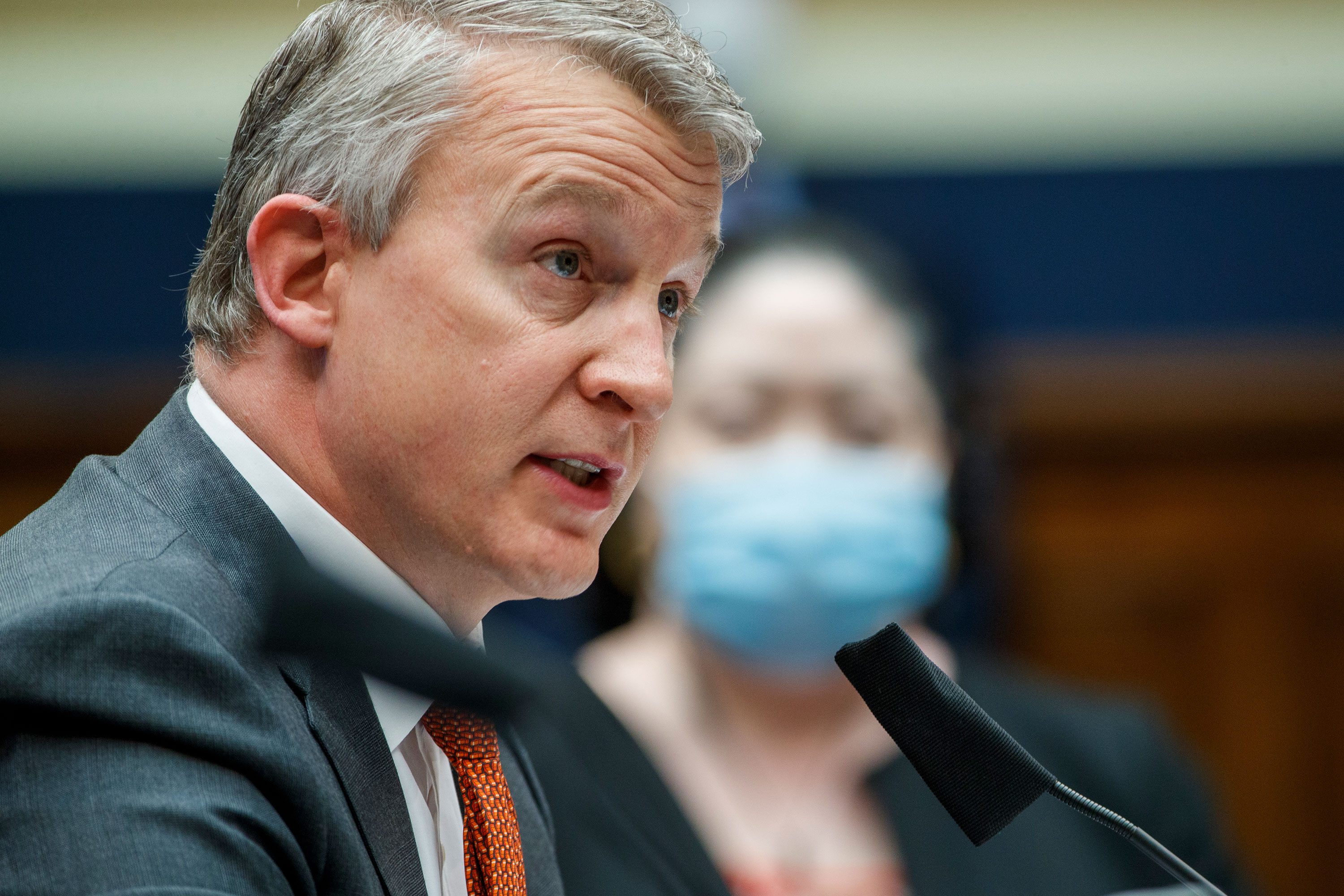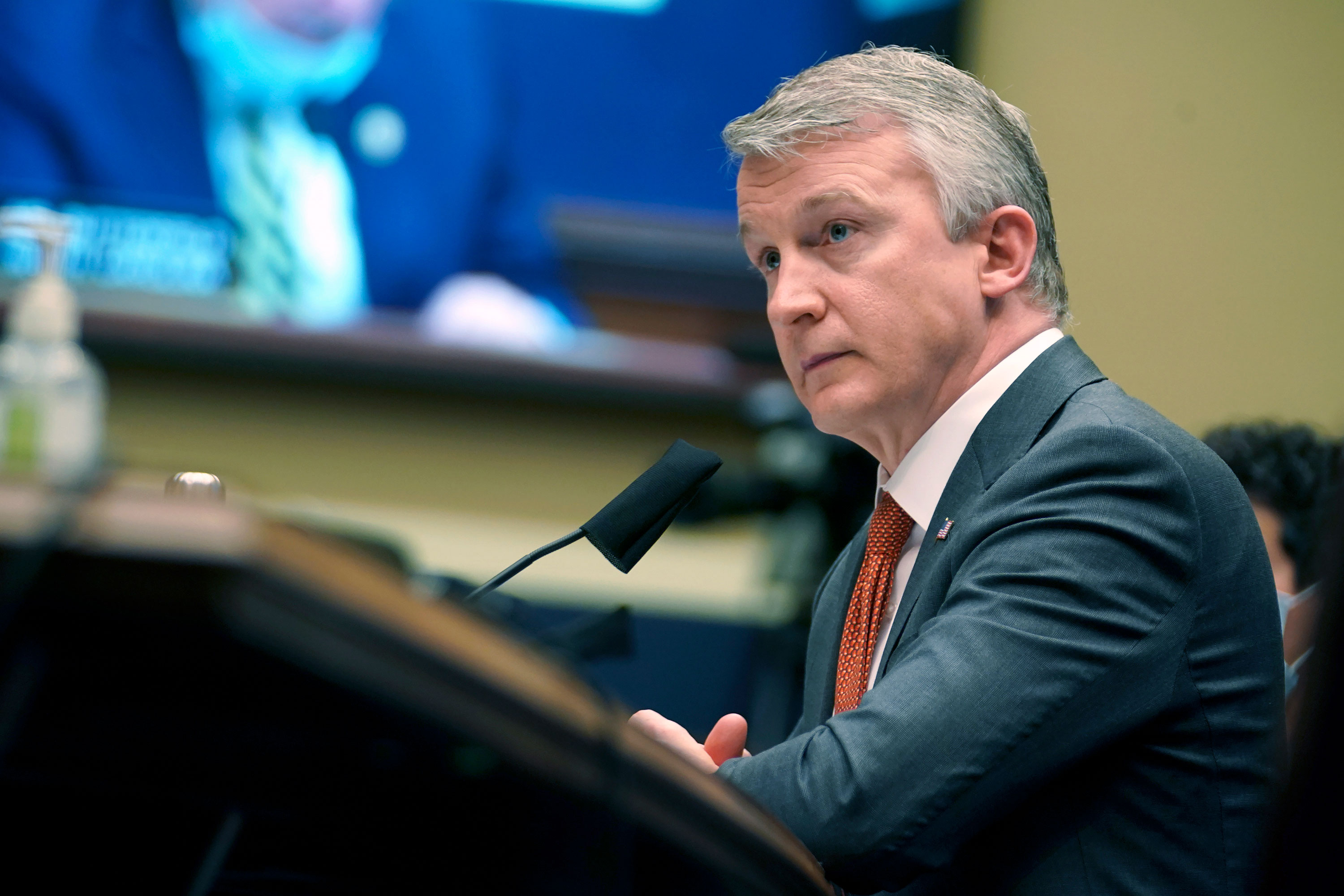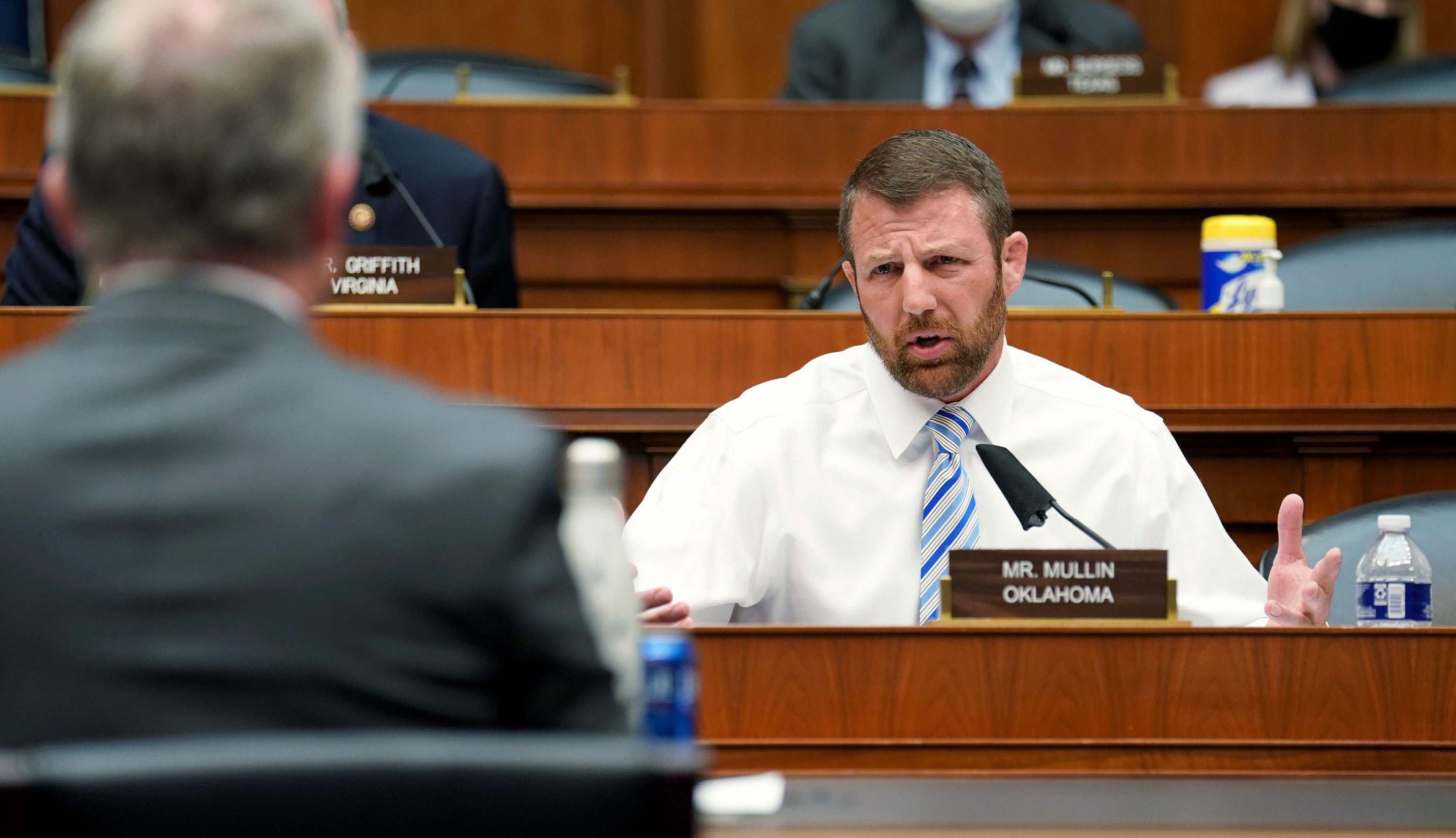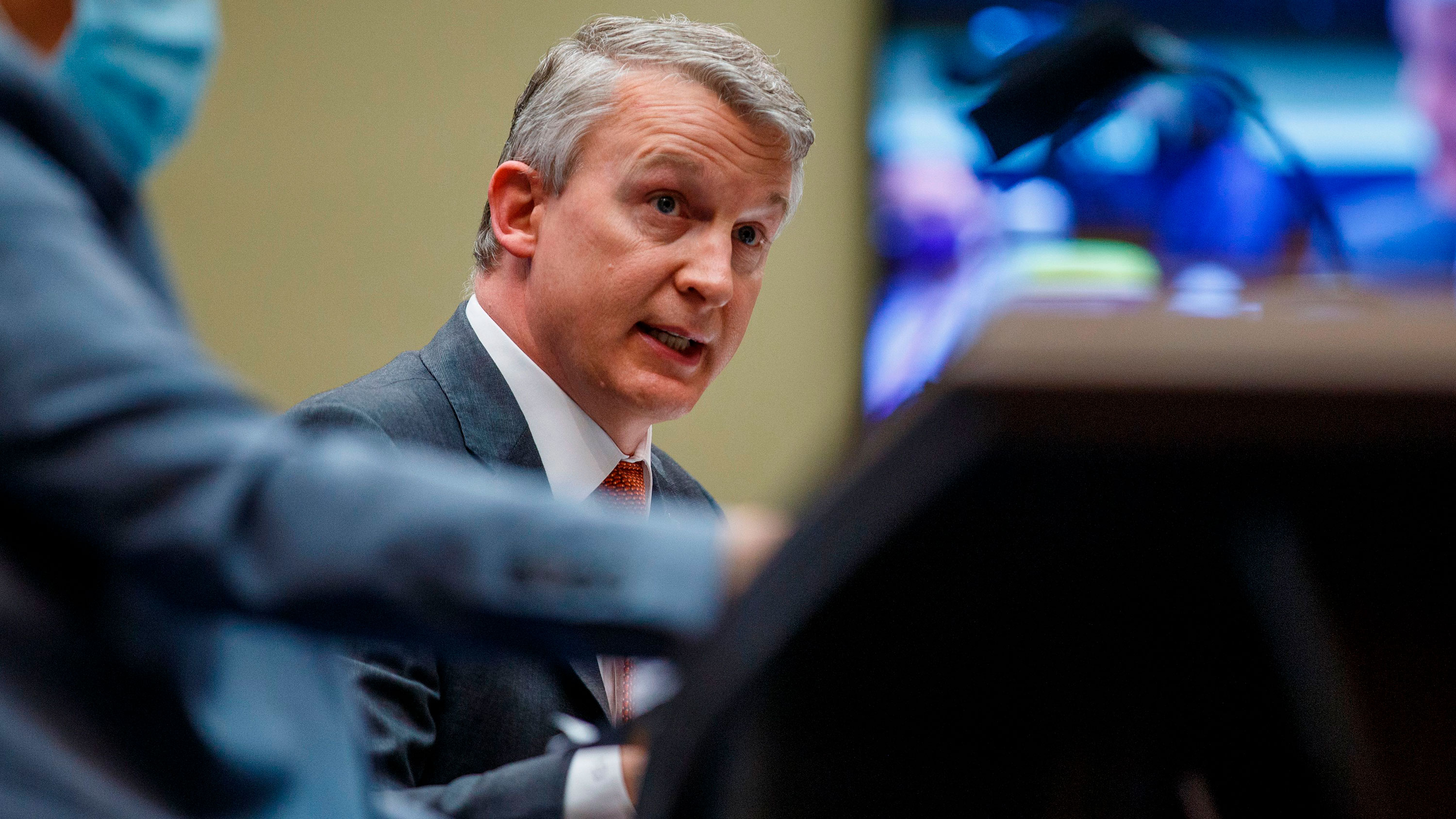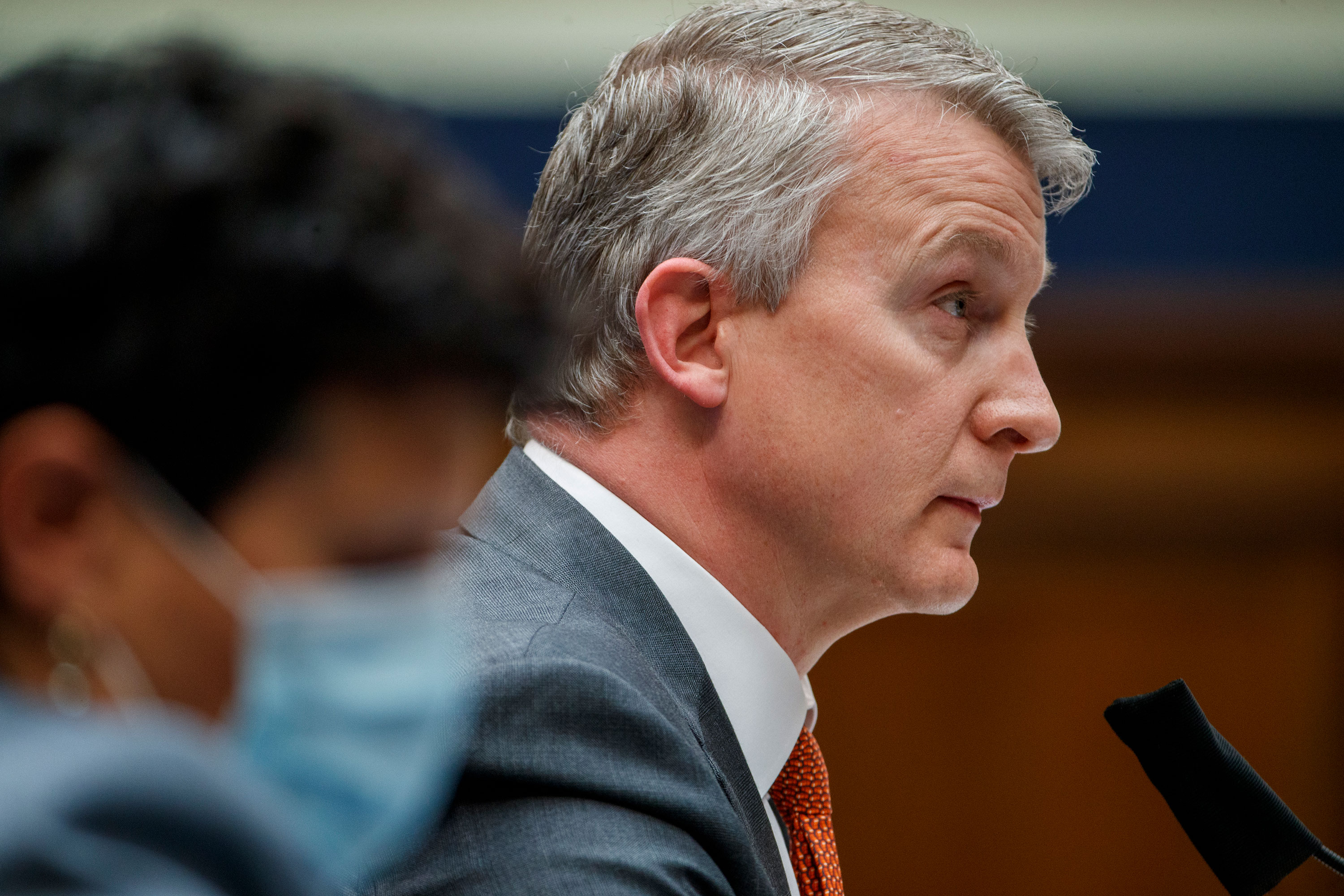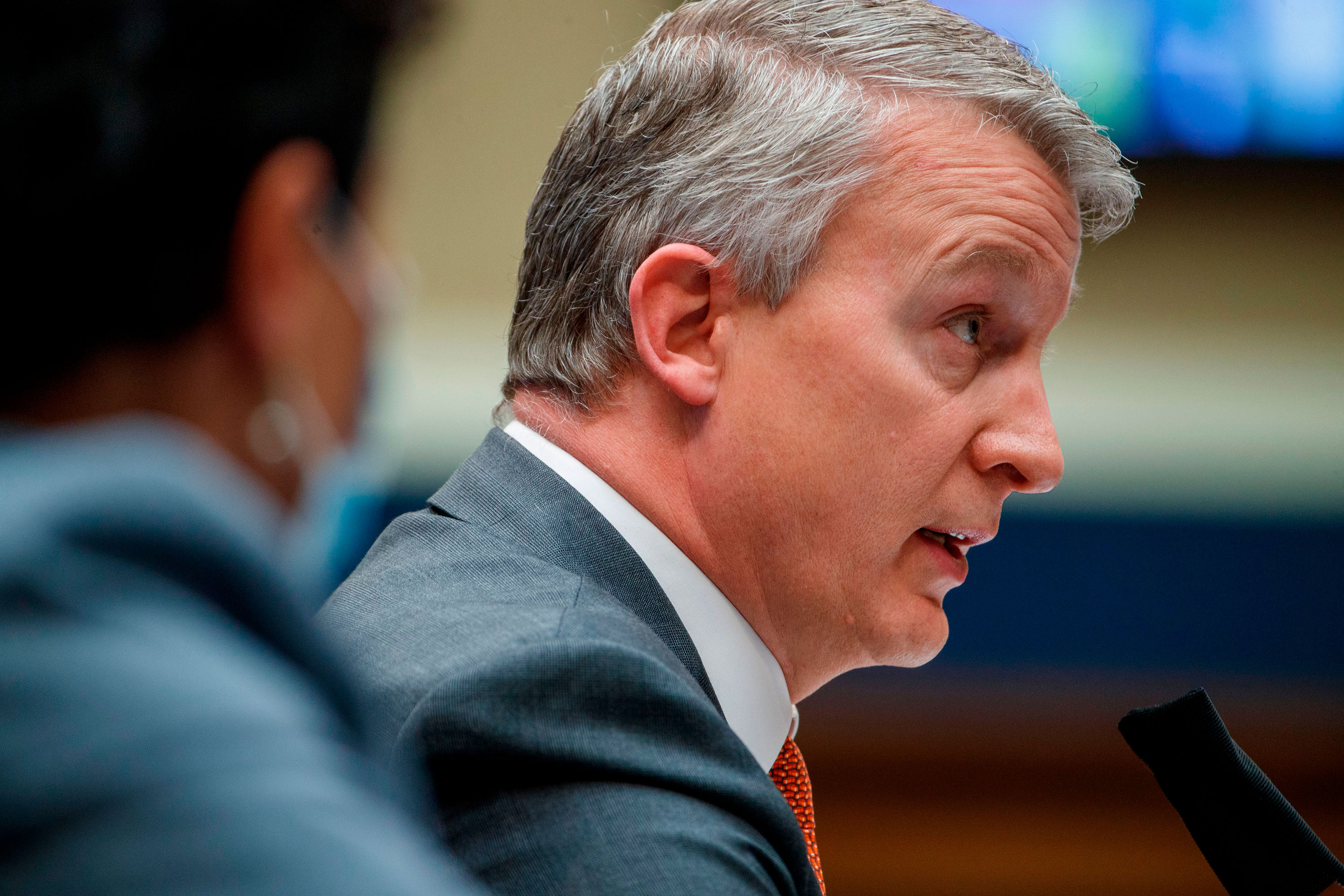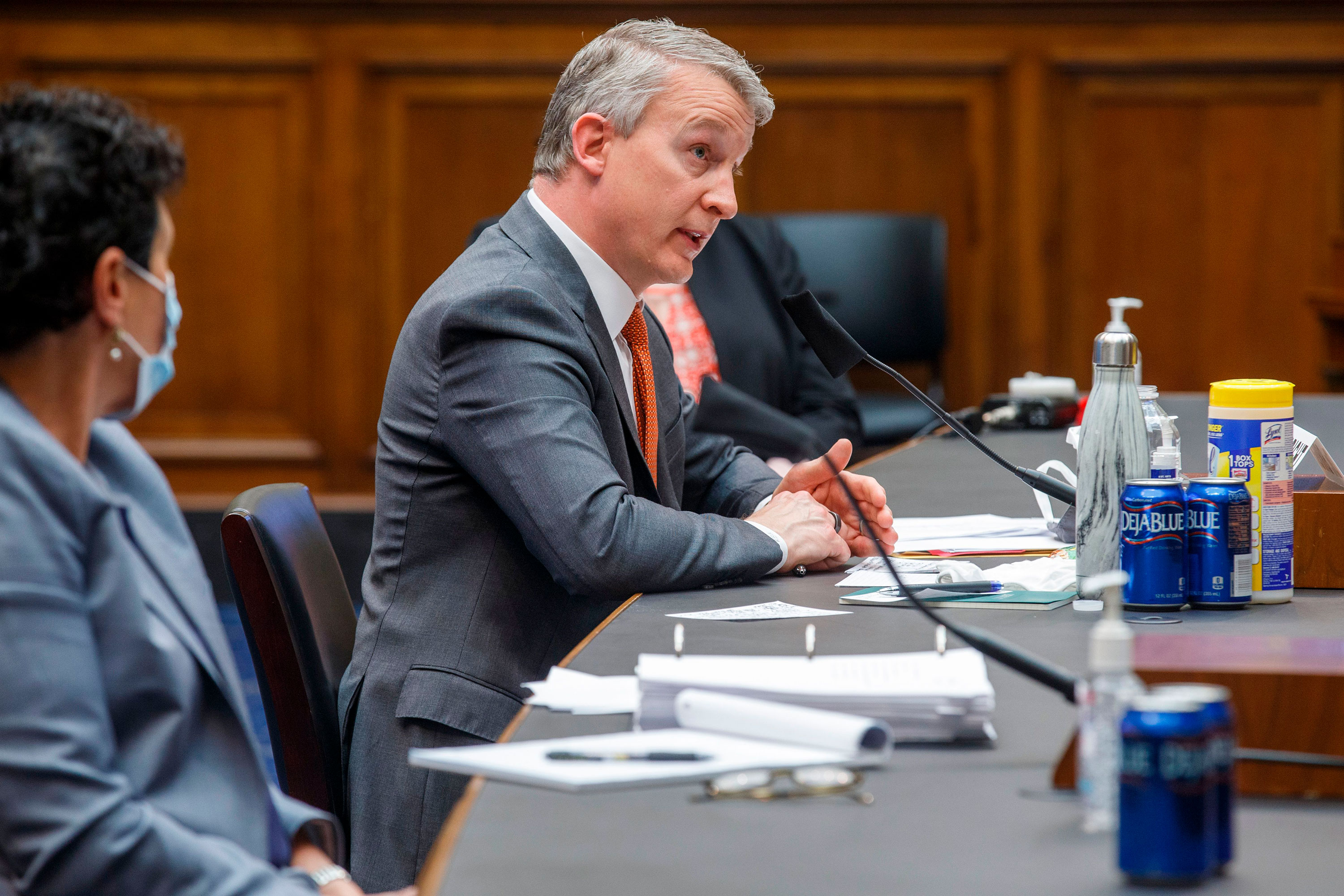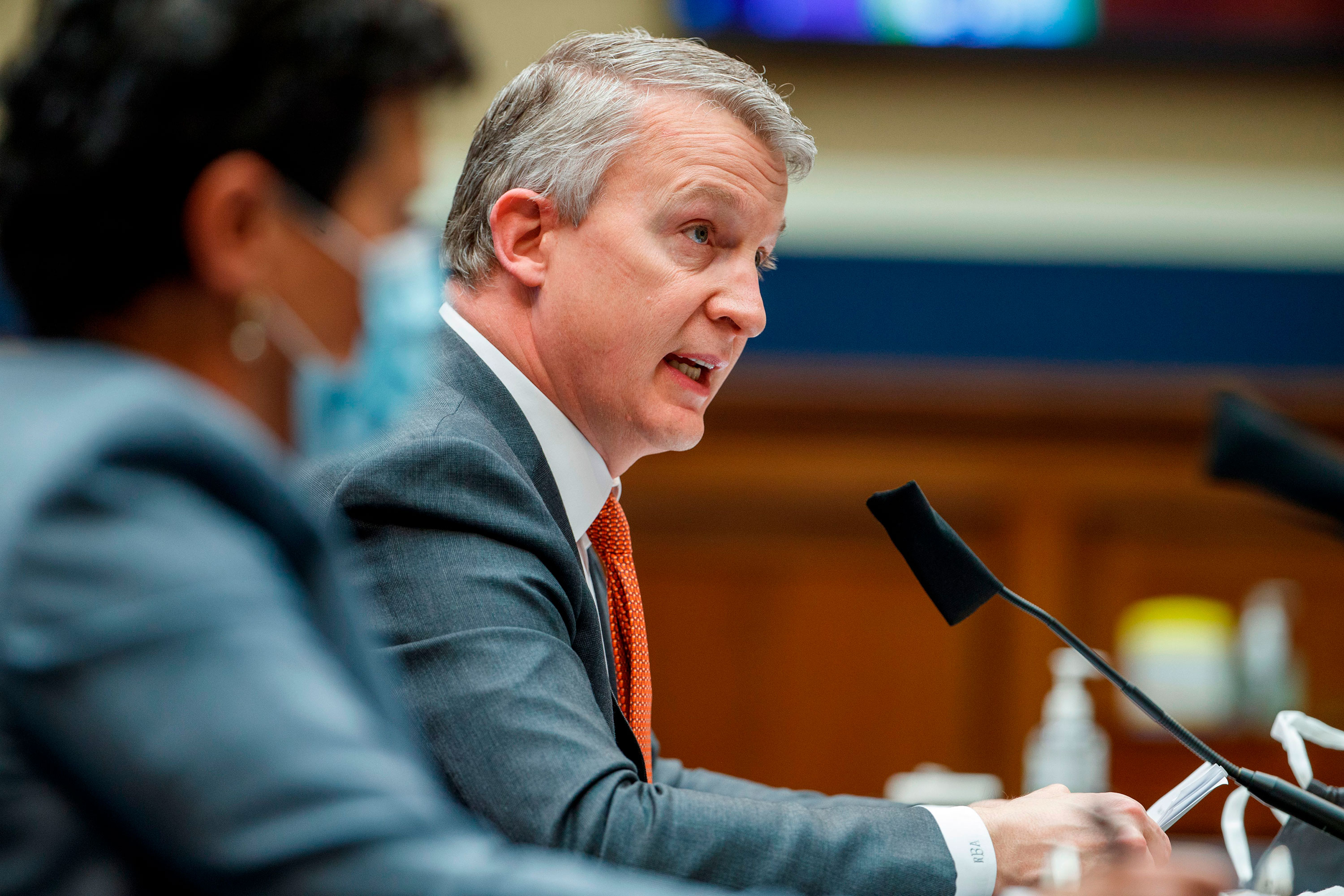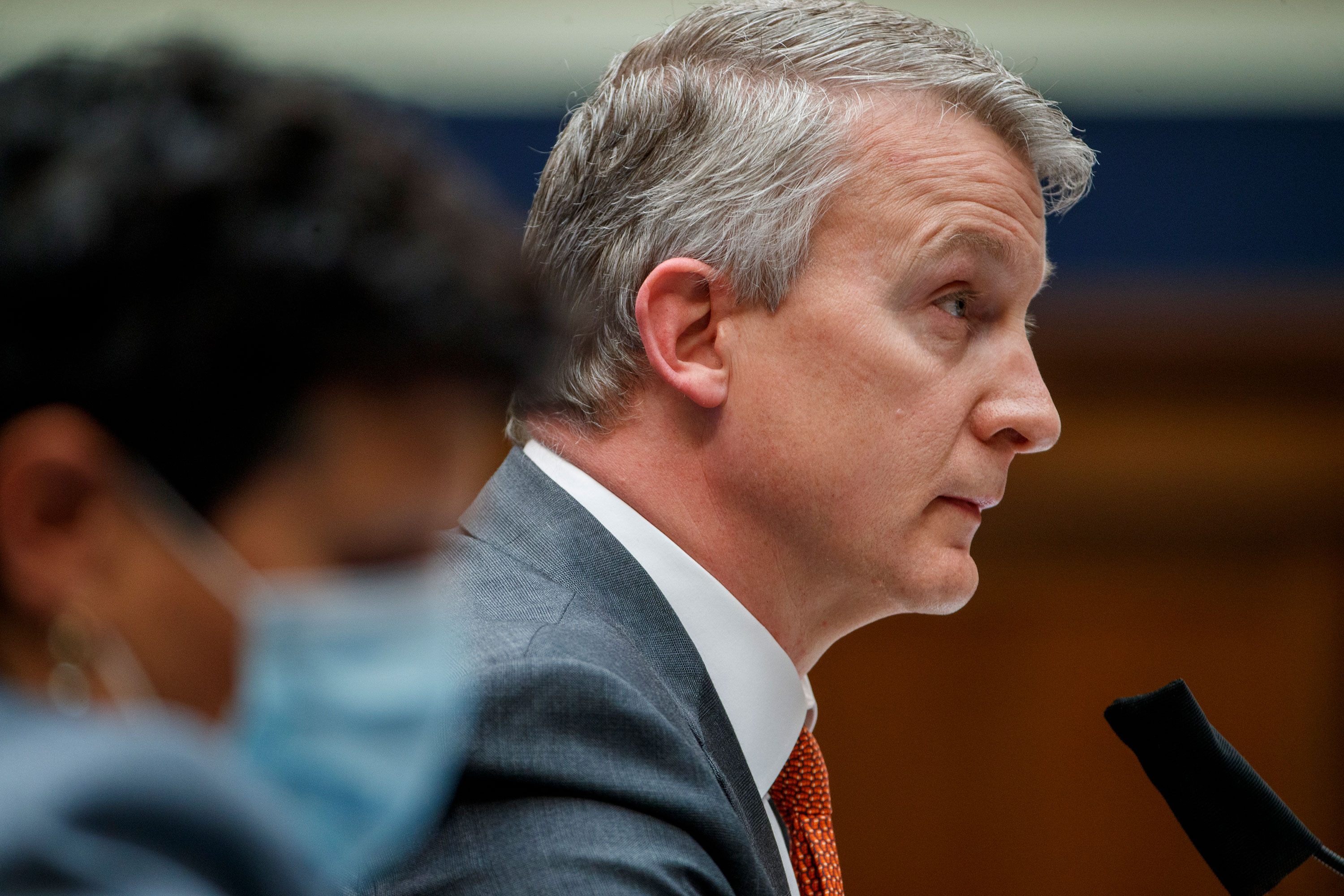
Ousted vaccine director and whistleblower Rick Bright testified for more than three hours before the House Committee on Energy and Commerce's health subcommittee.
Bright slammed the Trump administration’s coronavirus response and urged lawmakers to listen to the voices of scientists to prevent “unprecedented illness and fatalities."
If you’re just tuning in, here are four key points Bright made in his testimony today:
- Bright's warnings about supply shortages were ignored multiple times: Bright said he began to get alerts that the supply chain for masks and other personal protective equipment was “diminishing rapidly” back in January. But when he forwarded the alerts to leadership in the US Department of Health and Human Services, as well as with national infrastructure and stockpile teams, Bright said they were “met with indifference.”
- "There were some attempts to bypass" a vetting process for hydroxychloroquine: Bright said the Trump administration rushed out recommendations about the drug hydroxychloroquine to treat coronavirus. Asked about attempts to rely on politics rather than science in the response to the pandemic, Bright said: “There were some attempts to bypass that rigorous vetting process that caused me great concern.”
- Bright called for a coordinated strategy to combat the pandemic: Bright said there is still no “master coordinated plan” and noted that a “comprehensive strategy” was needed to combat the coronavirus pandemic that included widespread testing, tracing and ongoing efforts to “develop a cure.” According to Bright, the Trump administration did not take “critical steps” in time to combat the virus.
- He cast doubt on the 12- to 18-month timeline for a vaccine: Bright called the White House’s vaccine timeline an "aggressive schedule” and warned that if the administration rushed too quickly to get out a vaccine, the country may not have a full assessment of the safety of a vaccine.
